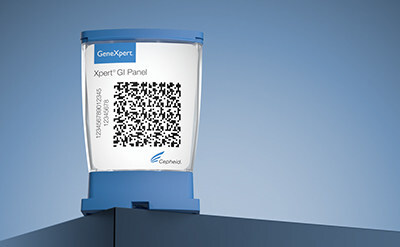Three clinical trials have found that Roche’s multiple sclerosis (MS) drug, ocrelizumab, was associated with lower rates of disease progression in patients with progressive MS, and relapsing remitting MS. Two articles on the results of the clinical trials were published in The New England Journal of Medicine.
Ocrelizumab is an investigational monoclonal antibody designed to target CD20-positive B cells. These immune cells have been implicated in nerve cell damage in patients with MS, which can eventually lead to disability.
The first Phase III clinical trial of ocrelizumab involved 732 patients with primary progressive MS, who were randomly assigned to receive the intravenous drug or a placebo. At 12 weeks, the proportion of patients in the treatment arm with confirmed disability progression was 32.9 percent.
Compared to patients taking the placebo, those on ocrelizumab saw a 6.2 percent lower incidence of disease progression. By the end of the 120-week trial, timed 25-foot walk (a mobility performance test) measures worsened by 55.1 percent for the placebo, compared to 38.9 percent for ocrelizumab.
In two additional Phase III clinical trials, the same researchers tested the efficacy of ocrelizumab in 821 and 835 patients with relapsing remitting MS. Patients were randomly assigned to receive ocrelizumab or the currently-available therapy, interferon-beta.
In the first of these two trials, ocrelizumab was associated with a 46 percent lower annualized relapse rate. The second study showed similar results with a 47 percent lower annualized relapse rate.
“The results in patients with relapsing remitting MS not only demonstrate very high efficacy against relapses, but also underscore the important emerging role of B cells of the immune system in the development of relapses,” said Dr. Amit Bar-Or, of the Montreal Neurological Institute and Hospital of McGill University. “While the results in patients with primary progressive MS are more modest, they nonetheless represent the very first successful trial in such patients, a breakthrough as primary progressive MS now transitions from a previously untreatable condition to one that can be impacted by therapy. It is an important step forward in the field.”
Ocrelizumab was associated with infusion-related adverse reactions in 34.3 percent of patients. Longer and larger studies will need to be conducted to determine the long-term safety of ocrelizumab.












Join or login to leave a comment
JOIN LOGIN